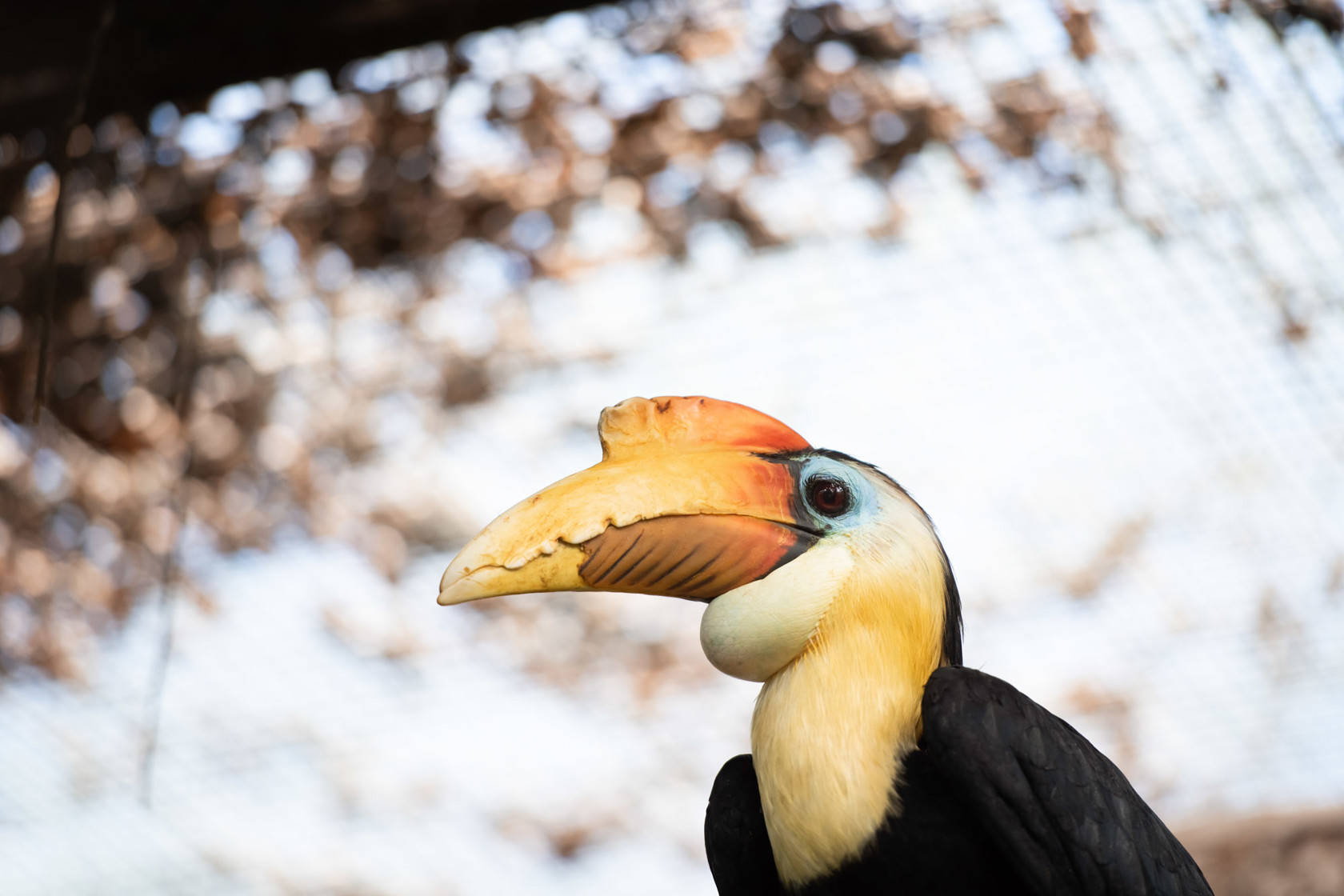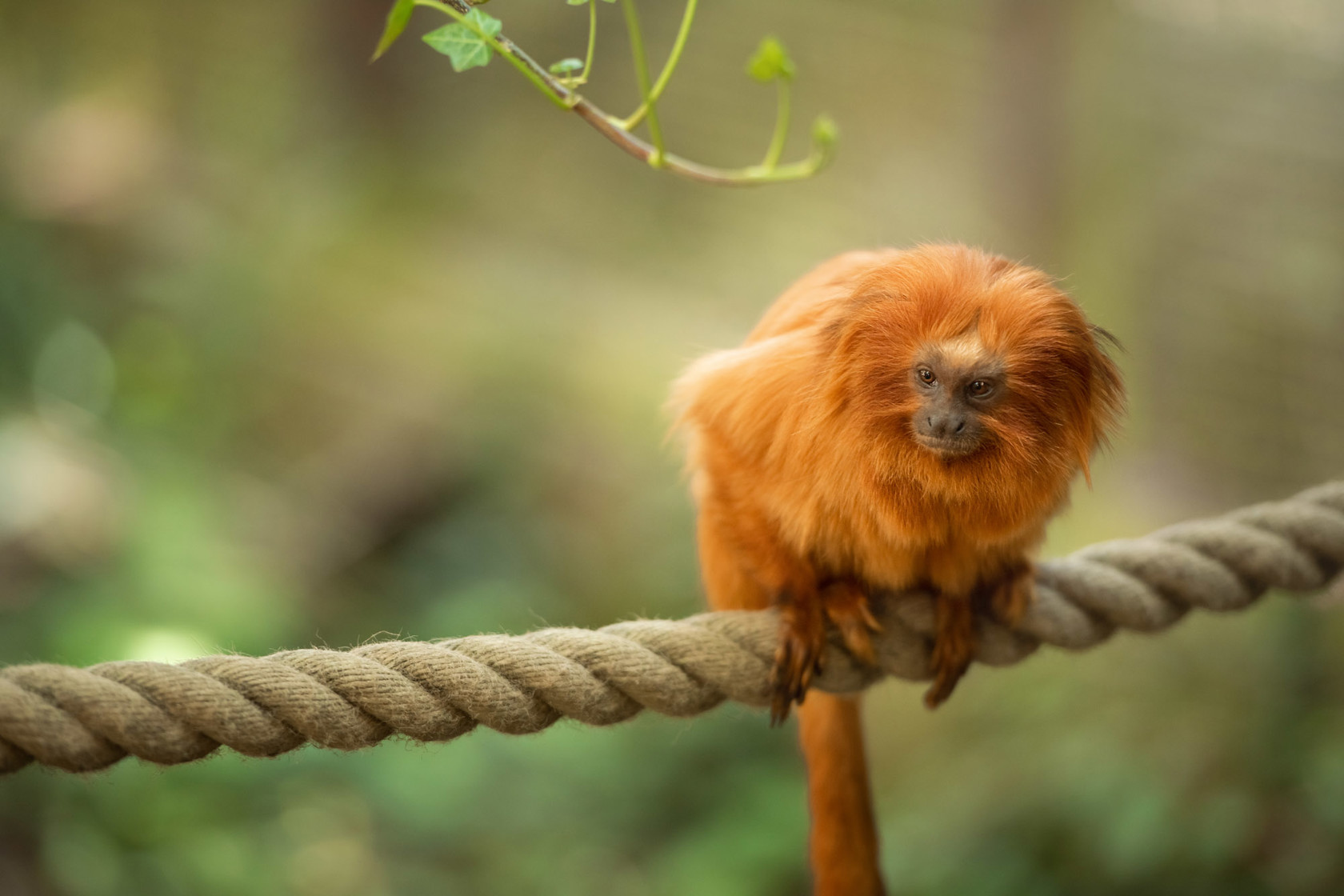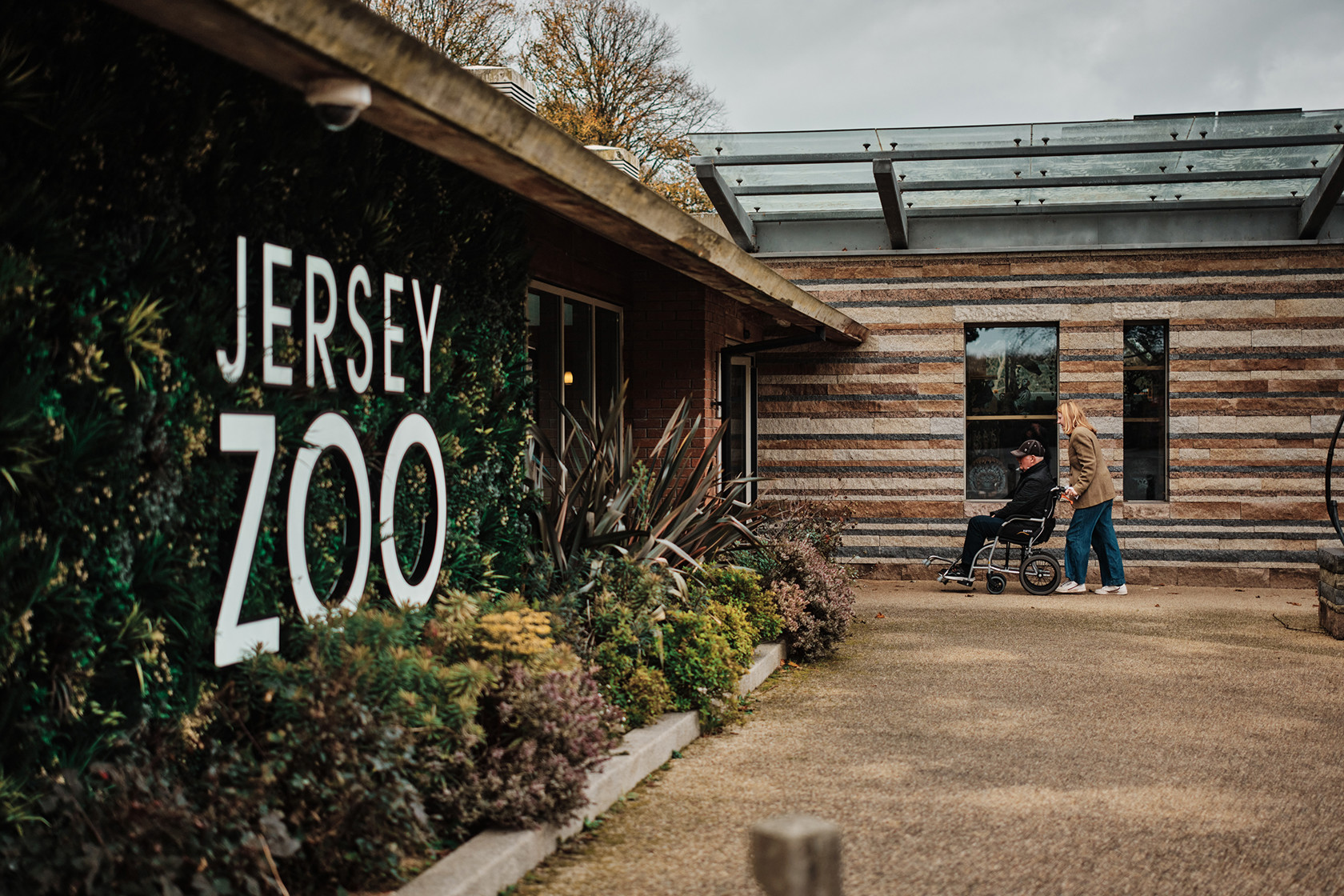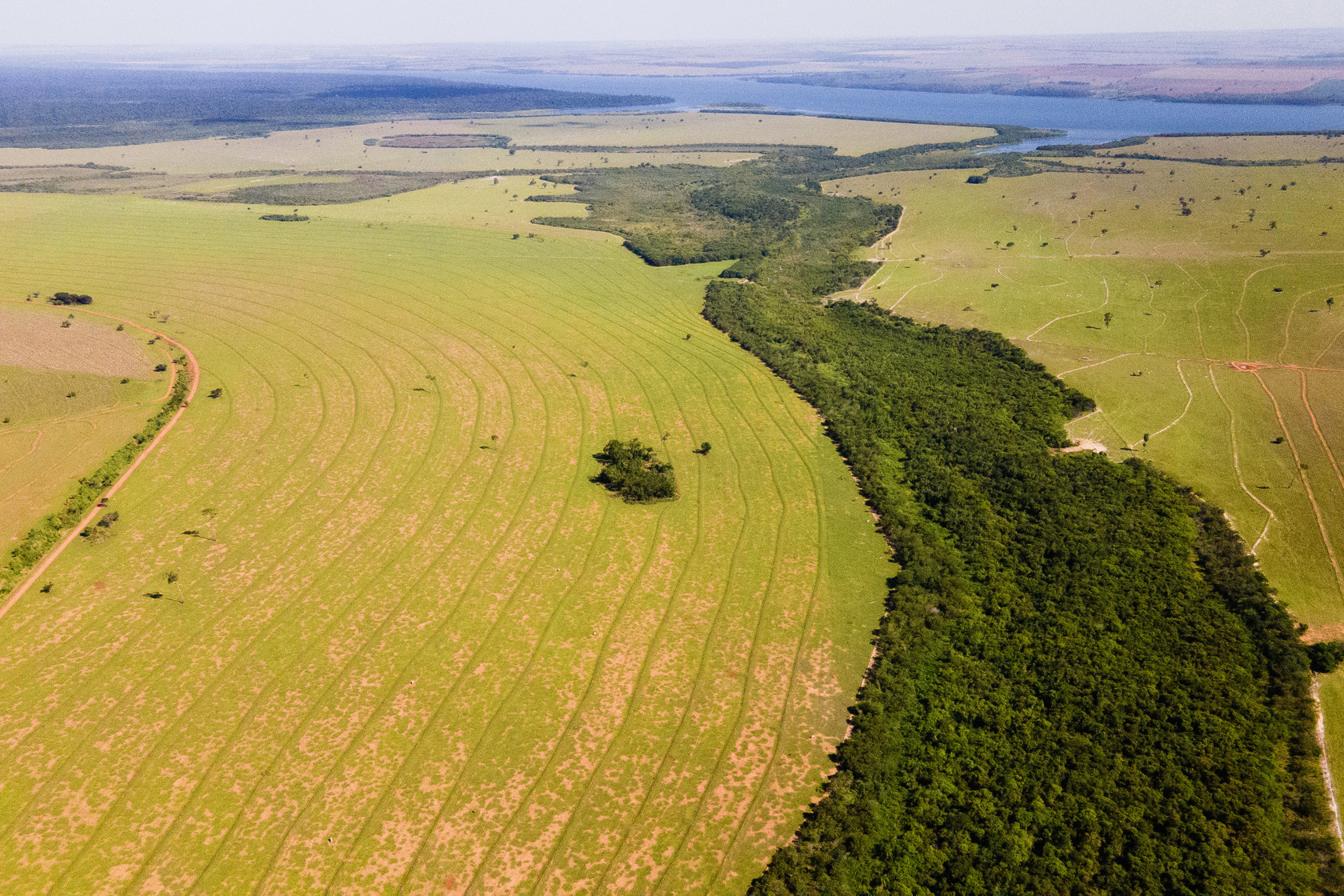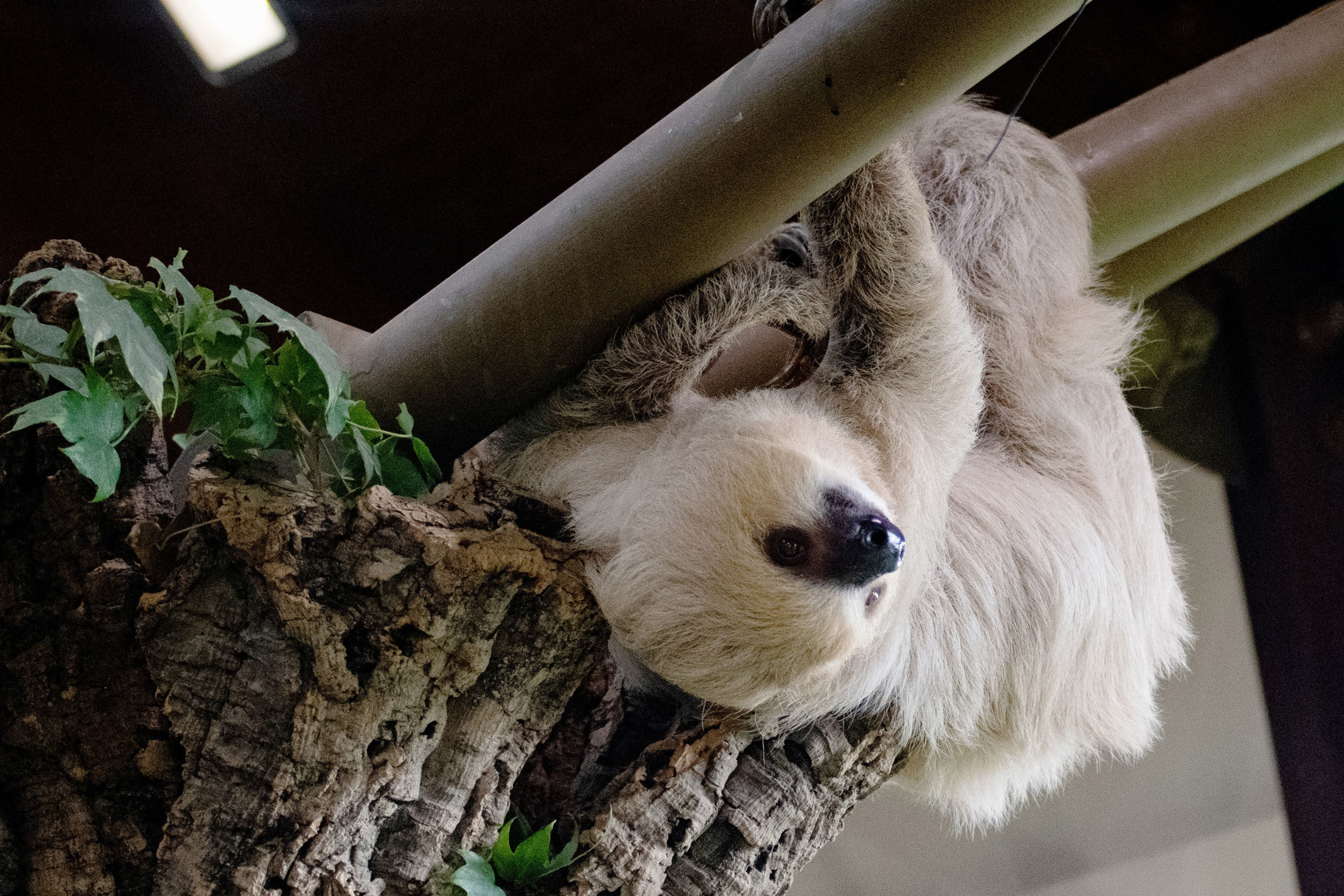Protecting the Ploughshare Tortoise
We wanted to say a heartfelt thank you to all our supporters who responded so generously to our emergency appeal to secure our ploughshare tortoise breeding facility in Ampijoroa.
In September 2016, the breeding facility came under attack and the poachers cut the power supply to the whole centre. We urgently needed to fix this weakness but this required £1,000 to purchase new solar panels and storage batteries to ensure that our alarm system was independently powered and protected against this form of attack. The response was incredible; through the appeal we have raised over £8,500 for security at Ampijoroa. This has enabled us to not only address the immediate issue, but it also to purchase further security equipment for the site and replace key sections of the perimeter fencing that were vulnerable.
Thanks to your support we are making the ploughshare breeding facility as secure as possible and protecting the precious inhabitants.
The fight to save the ploughshare tortoise has a long way to go and as we enter the peak period of poaching threat in the wild, Durrell and our partners are focused on protecting as many animals as possible. However, we have had some notable successes; including the pass of a new local law protecting the tortoise, prosecution of a high profile smuggler and commitments from Madagascar at the CITES Conference of Parties in September to halt the recent escalation in poaching.
Together we can save this species and we remain extremely grateful to all our partners and supporters for your belief and commitment.
At the current rate of decline and without intervention from the Madagascar government to enforce international anti-poaching and anti-trafficking laws the ploughshare tortoise will likely go extinct in the wild within the next two years.
Ploughshare tortoises live only in the Baly Bay National Park in northwestern Madagascar, a park that was established in 1997 specifically to protect the species in its natural habitat. Poachers target the animal to export to international collectors as a highly coveted pet with its striking gold and black shell. Over the last year, poaching of the species has reached its highest level, and conservationists estimate there may be less than 100 mature adults left in the reserve.
The IUCN Red List of Threatened Species classifies the tortoise as Critically Endangered.
In September 2016, the breeding facility came under attack and the poachers cut the power supply to the whole centre. We urgently needed to fix this weakness but this required £1,000 to purchase new solar panels and storage batteries to ensure that our alarm system was independently powered and protected against this form of attack. The response was incredible; through the appeal we have raised over £8,500 for security at Ampijoroa. This has enabled us to not only address the immediate issue, but it also to purchase further security equipment for the site and replace key sections of the perimeter fencing that were vulnerable.
Thanks to your support we are making the ploughshare breeding facility as secure as possible and protecting the precious inhabitants.
The fight to save the ploughshare tortoise has a long way to go and as we enter the peak period of poaching threat in the wild, Durrell and our partners are focused on protecting as many animals as possible. However, we have had some notable successes; including the pass of a new local law protecting the tortoise, prosecution of a high profile smuggler and commitments from Madagascar at the CITES Conference of Parties in September to halt the recent escalation in poaching.
Together we can save this species and we remain extremely grateful to all our partners and supporters for your belief and commitment.
About the Ploughshare Tortoise
At the current rate of decline and without intervention from the Madagascar government to enforce international anti-poaching and anti-trafficking laws the ploughshare tortoise will likely go extinct in the wild within the next two years.
Ploughshare tortoises live only in the Baly Bay National Park in northwestern Madagascar, a park that was established in 1997 specifically to protect the species in its natural habitat. Poachers target the animal to export to international collectors as a highly coveted pet with its striking gold and black shell. Over the last year, poaching of the species has reached its highest level, and conservationists estimate there may be less than 100 mature adults left in the reserve.
The IUCN Red List of Threatened Species classifies the tortoise as Critically Endangered.

